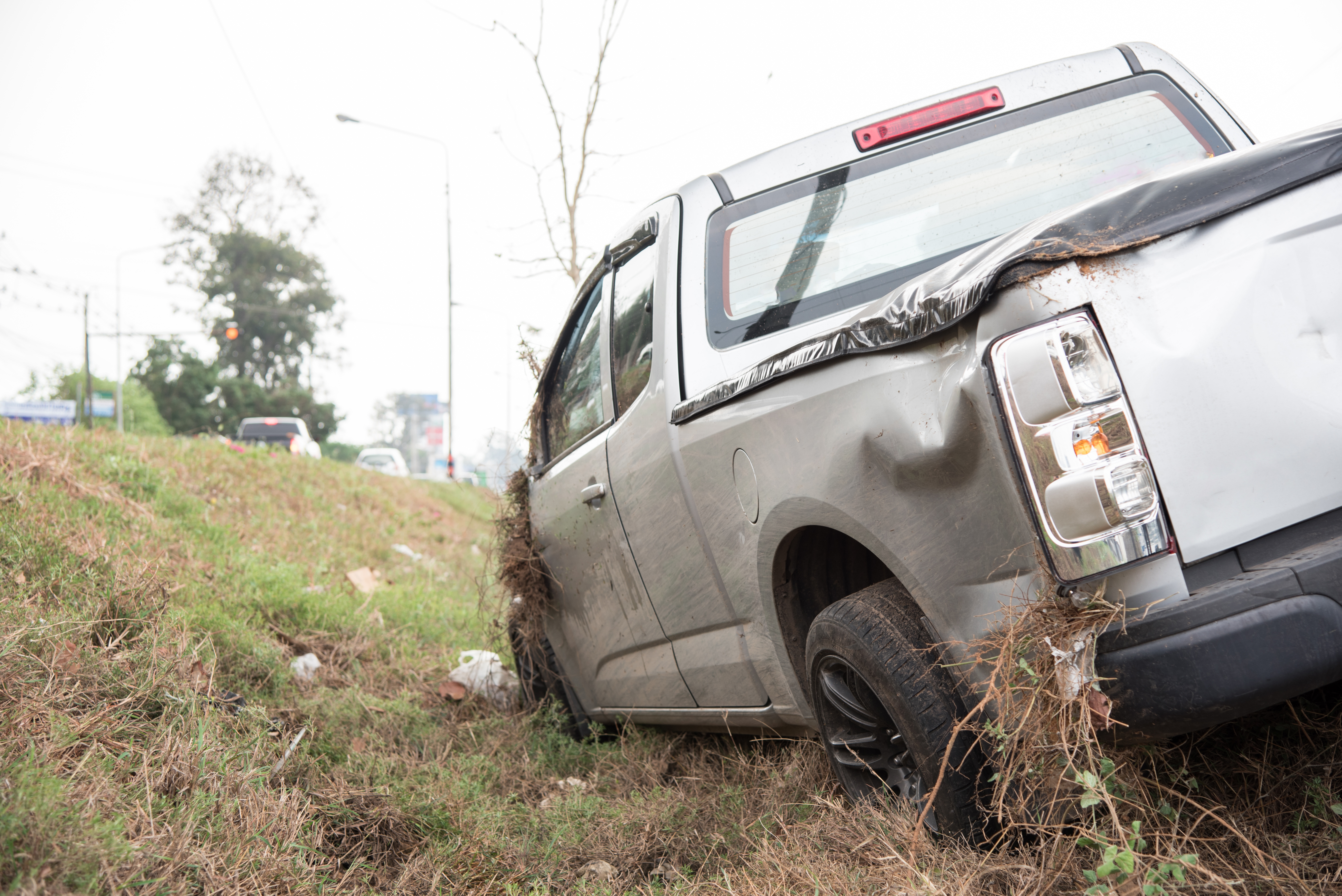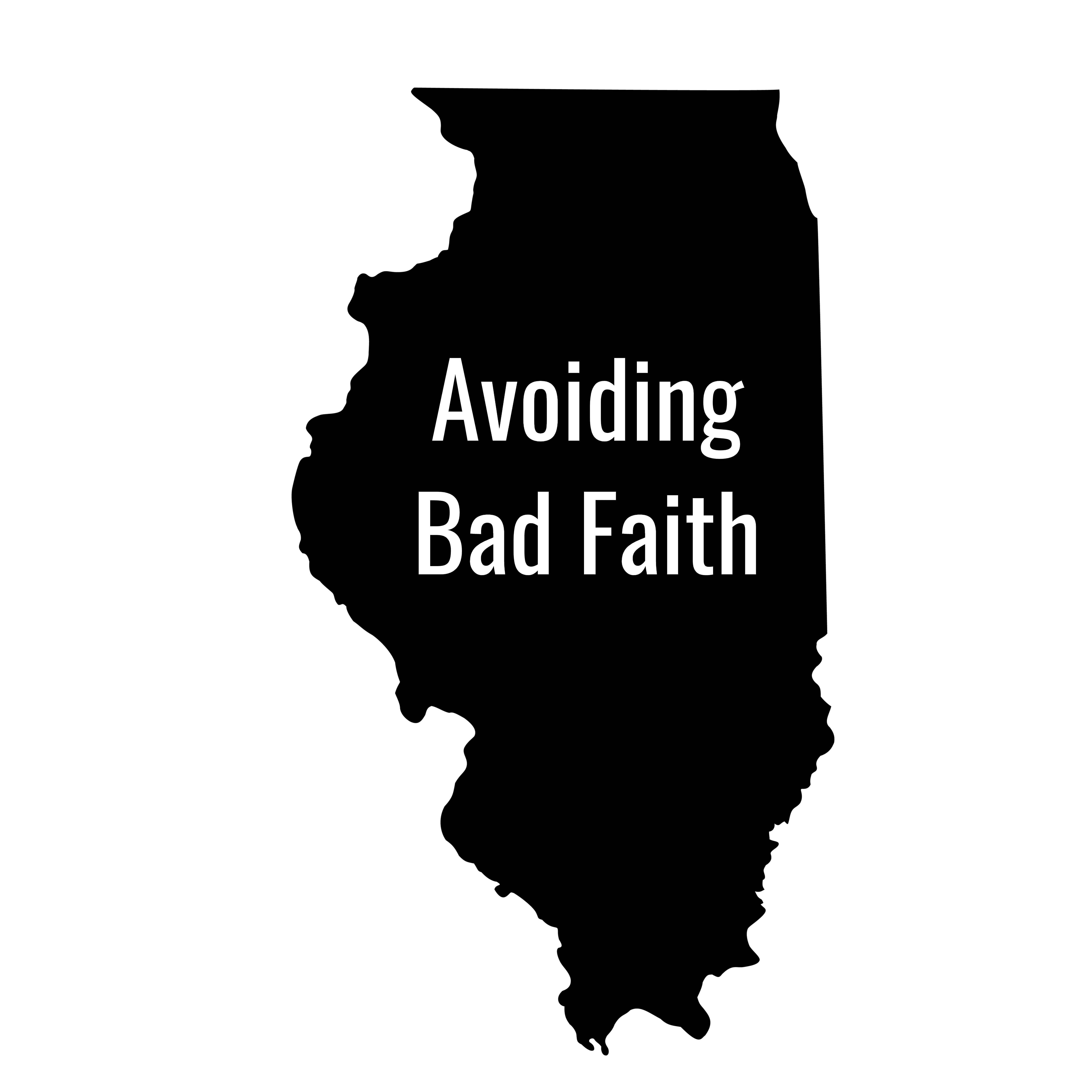Avoid Creating Coverage By Estoppel, Waiver & Forfeiture: California
Waiver, estoppel and forfeiture are doctrines on which insureds often rely to try to create coverage outside the terms of the insurance policy. Insureds will often assert that they are entitled to such extra-contractual coverage based entirely on how the …
Avoid Creating Coverage By Estoppel, Waiver & Forfeiture: California Read more »



